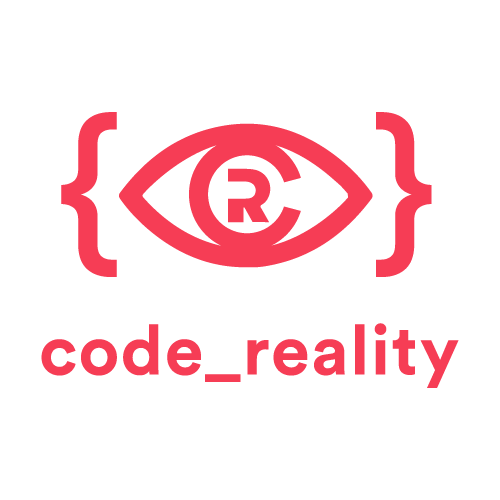Advanced Augmented Reality
The advanced course follows the software development cycle from inception, to implementation, to validation. For this, and at first, design thinking and user experience guidelines, as well as advanced storytelling teach creative tools and methods for outlining and substantialising the AR application idea. Designing AR workflows tutorial equips students with the required theory and practice for building AR applications. The implementation focused technologies advance from the foundational course to cover now spatial understanding (on top of spatial mapping), abstraction for cross-platform/multi-user/multi-device support, artificial intelligence dialog understanding, open CV foundations, wearable technology and making things talk, and volumetric video capture. Finally, evaluating AR introduces the methodologies available for verifying and validating applications.
Insights into specialist application areas and job perspectives will help sharpen your skill set.
As part of the course, students will be tasked with designing, developing, and evaluating their own Augmented Reality application. Assessment will be made and grades will be based on an individual or ideally team project, bringing together students of the Computer Sciences with students in Arts and Media.
